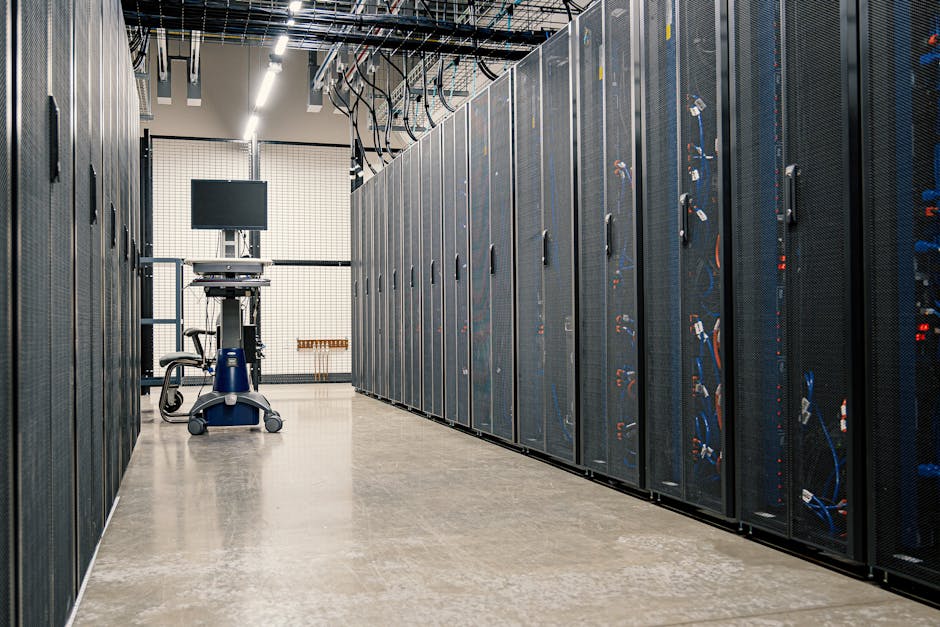
Bridging the Digital Divide: How African Fiber Companies are Transforming Connectivity
African fiber companies are playing a crucial role in bridging the digital divide by providing internet access to underserved communities. The digital divide refers to the gap between individuals, households, businesses, or geographic areas at different socio-economic levels with regard to both their opportunities to access information and communication technologies (ICTs) and their use of the internet for a wide range of activities. The lack of internet access in Africa has hindered economic growth, limited access to education and healthcare, and made it difficult for people to connect with the rest of the world.
In recent years, African fiber companies have made significant strides in expanding internet access across the continent. Companies such as Liquid Telecom, SEACOM, and MTN are laying fiber optic cables to connect cities, towns, and villages to the global internet backbone. This has enabled millions of people to access the internet for the first time, opening up new opportunities for education, healthcare, and economic development.
One of the key challenges facing African fiber companies is the lack of infrastructure in rural areas. Many rural areas lack the basic infrastructure necessary to support fiber optic cables, such as roads, electricity, and telecommunications towers. To overcome this challenge, companies are using innovative technologies such as satellite connectivity and mobile networks to provide internet access to rural areas. For example, Liquid Telecom has launched a satellite connectivity service that provides internet access to rural areas using a combination of satellite and fiber optic technologies.
African fiber companies are also working to make internet access more affordable for low-income households. Many Africans cannot afford the high cost of internet access, which has limited the adoption of internet services. To address this challenge, companies are offering affordable internet plans and bundles that are tailored to the needs of low-income households. For example, MTN has launched a low-cost internet plan that provides 1GB of data for $1, making it more affordable for low-income households to access the internet.
In addition to providing internet access, African fiber companies are also working to promote digital literacy and online safety. Many Africans lack the skills and knowledge necessary to use the internet safely and effectively. To address this challenge, companies are offering digital literacy training programs and online safety workshops to help people develop the skills they need to use the internet confidently. For example, SEACOM has launched a digital literacy program that provides training and resources to help people develop the skills they need to use the internet safely and effectively.




